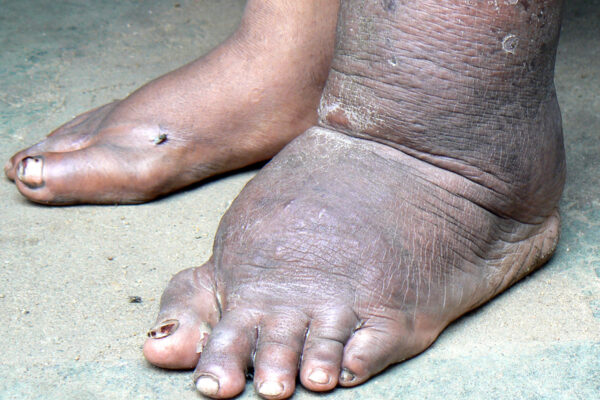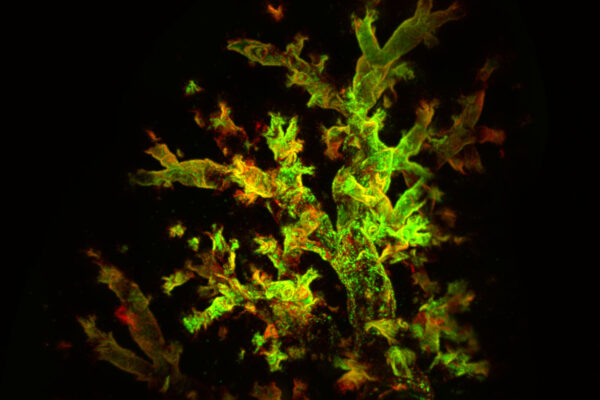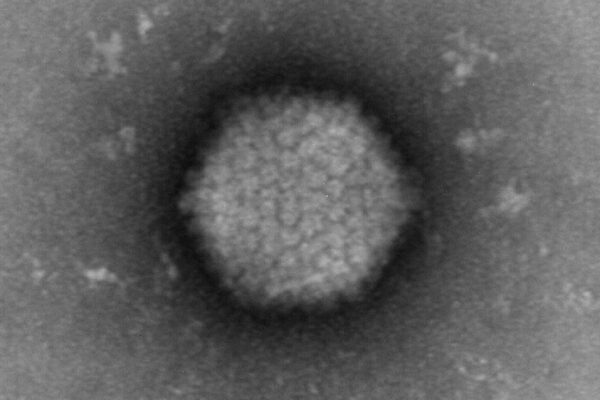Zhang receives doctoral dissertation award
Linying Zhang, an assistant professor of biostatistics at WashU Medicine, received the American Medical Informatics Association 2024 Edward H. Shortliffe Doctoral Dissertation Award honorable mention.
Nickolas to lead Division of Bone and Mineral Diseases
Thomas Nickolas, MD, a respected clinical nephrologist and researcher focused on kidney disease and bone health, has been named the next director of the Division of Bone and Mineral Diseases in the Department of Medicine at Washington University School of Medicine in St. Louis.
Falling for fall prevention
Through low-cost, personalized home modifications, occupational therapist Susy Stark helps elderly residents stay safe and independent.
Cooper named fellow of American Society for Cell Biology
John Cooper, MD, PhD, the Alan A. and Edith L. Wolfe Professor of Biochemistry and Molecular Biophysics at Washington University School of Medicine in St. Louis, has been elected a fellow of the American Society for Cell Biology.
Prestigious NIH Director’s awards go to three WashU faculty
Three researchers from Washington University have received highly competitive and prestigious National Institutes of Health (NIH) Director’s awards totaling $10 million over five years.
Ross honored by Association of American Medical Colleges
Will Ross, MD, the associate dean for diversity and the Alumni Endowed Professor of Medicine at WashU Medicine, has received the 2024 Louis W. Sullivan, MD, Award from the Association of American Medical Colleges.
New genomic surveillance tools could help efforts to eliminate damaging parasitic infections
Researchers at WashU Medicine have developed a new genomic-based approach that could aid global efforts to eliminate lymphatic filariasis, a parasitic roundworm infection spread by mosquitoes.
Viruses found hiding in lungs’ immune cells long after initial illness
A mouse study by researchers at WashU Medicine shows that lingering respiratory viruses set the stage for chronic lung disease, and eliminating infected cells reduces signs of chronic lung damage.
Grant supports research to develop gene therapy for cystic fibrosis
Researchers at Washington University School of Medicine in St. Louis have received a three-year $2.6 million grant from the Cystic Fibrosis Foundation to develop gene therapies for cystic fibrosis.
$12 million grant aimed at probing how vaccines induce lasting immunity
Researchers at WashU Medicine received funding from the National Institute of Allergy and Infectious Diseases to identify the immune factors responsible for long-lasting protection against disease.
View More Stories









